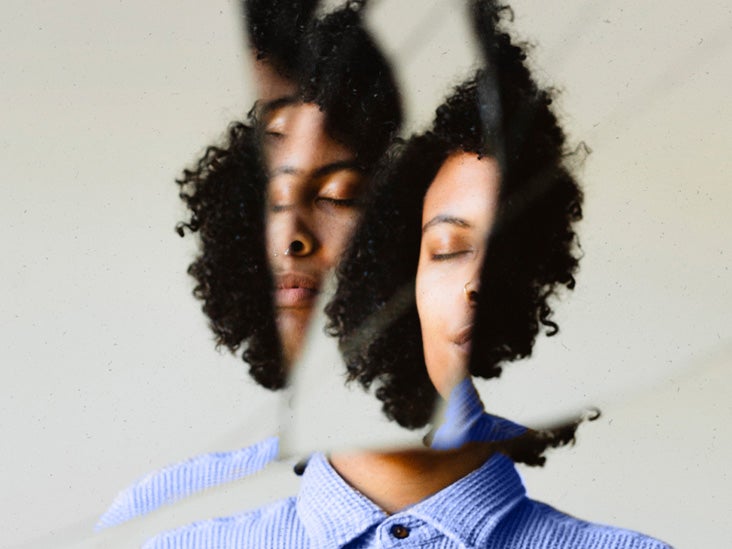Play The Glad Game.
by Amy Ferguson

As a child, I adored Disney movies. Nothing has changed.
The first Disney movie I remember watching was Disney's Pollyanna. One memory that still resonates with me today is 'The Glad Game'.
12 year old Pollyanna played this game with the townspeople on a regular basis, much to their iritation. Her hypothesis was that, no matter how difficult life gets, you can always find something to be glad about. The townspeople initially rejected this idea and asked her to go and play her childish games elsewhere.
As the film went on, her happiness had a profound impact on the townspeople. Nothing about their personal situations had changed - simply their outlook.
I played 'The Glad Game' with my sisters as a young child but they quickly grew bored of it. Instead, I played it quietly inside my head, always looking for the light in any situation.

Nowadays, we call this Growth Mindset. The definition of Growth Mindset is being able to take on challenges and learn from them. Failure, rather than being a negative, is framed as another opportunity to learn and grow. The opposite of this is a Fixed Mindset which instead leaves trapped in our current situation, unable to grow or develop our learning.
Don't get me wrong - having a Growth Mindset is hard. We have all had periods in our lives (myself included) when things do not go our way and we grow frustrated and upset. It can be hard to see the light at the end of the tunnel. We cannot control what happens to us. All we can control is our reaction to it.
How do we teach a Growth Mindset in our classrooms?
- Using the word "yet".
"I cannot do this... yet."
"I haven't learned this..."
"I don't understand this... yet."
I am often faced with learners that tell me these things. In response, I give them the word "yet". Some roll their eyes, some shake their heads, some nod their heads and dismiss it anyway. However, I hope the next time my students say these self-effacing comments, they will hear my voice in the back of their heads whispering "yet".
2. Modelling failure.
I often make mistakes in the classroom, and I used to hide them. However, I now draw attention to them. "Oops, I didn't mean to do that." "Just made another mistake." "Oh apologies, that is incorrect." By doing so, I am modelling failure. I am owning up to my mistakes in the hope that others feel comfortable to do the same. Mistakes are cognitive dissonance. This is when we are learning new information and it does not align with what we already know. If we can draw attention to our mistakes and show how we can grow from them, our students can too.
3. Music is a skill.
No one was born being able to swim, ride a bike or tie their shoelaces. We have to learn how to do it. Therefore, when we first start, we often struggle, fall off or take several attempts to get it right. I remind my students of this fact often. Just like any other skill, we are rubbish to begin with. The only way we can improve is through determination, time and effort.
Near the end of the movie, 'Pollyanna', the character of the same name suffers a life-altering injury. She may never walk again. Naturally, this dampens her sunny outlook and she withdraws. Whilst she recovers, something amazing happens. The townfolk whom she recently pestered with her unshakable optimism came to visit her, one by one. They brought flowers and cheer and reminded Pollyanna of 'The Glad Game'. Hesitant at first, Pollyanna re-buffs their acts of kindness. However, the love and support she felt from her friends and family restored her sunny outlook.

A lot can be said of this film. I imagine it has made a profound impact on my outlook on life, but I hope it has also brought 'gladness' into the lives of others.
The biggest gift we can give to others is kindness. We do not realise it's impact.
Sources


_poster.jpg)



